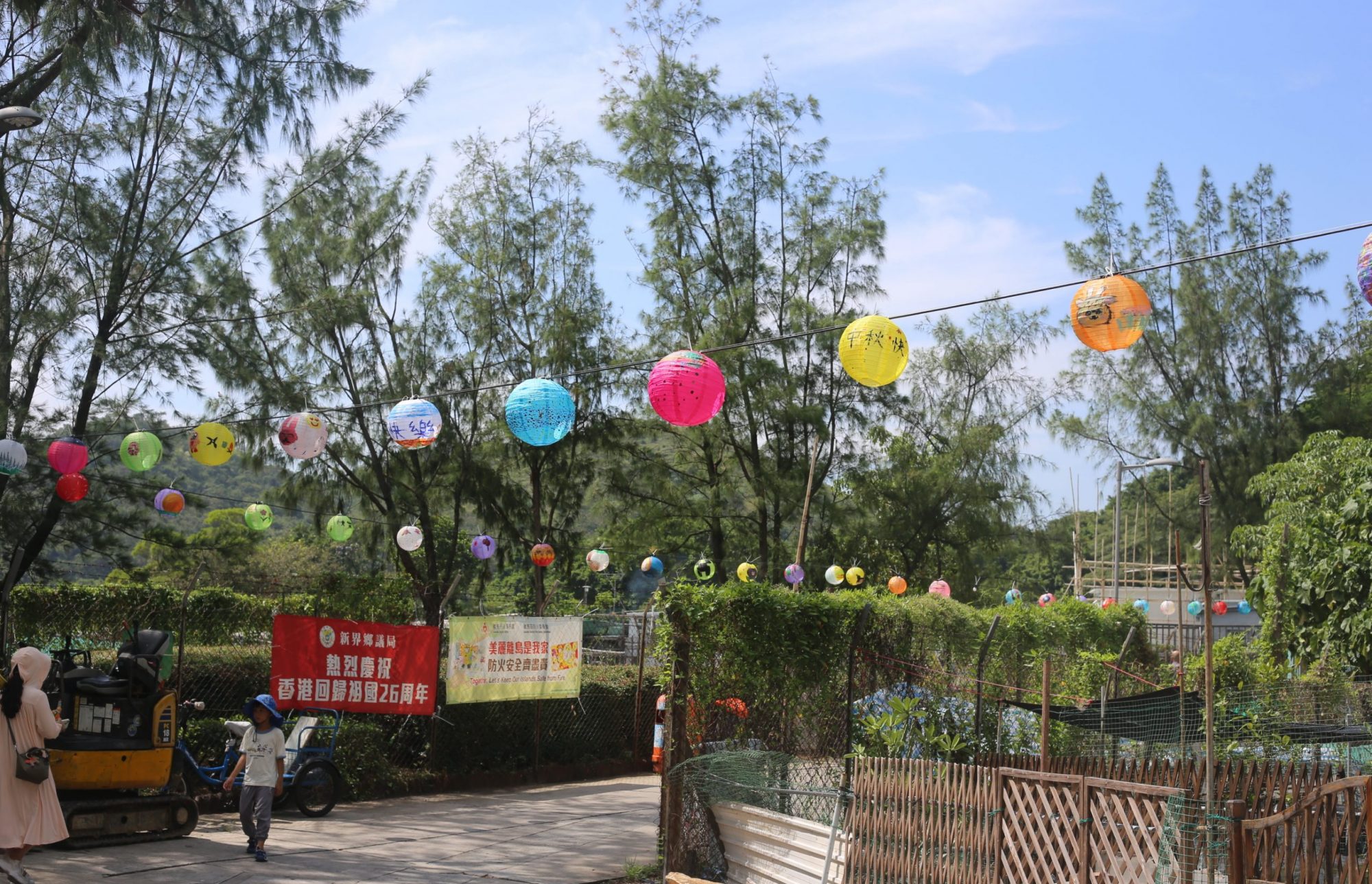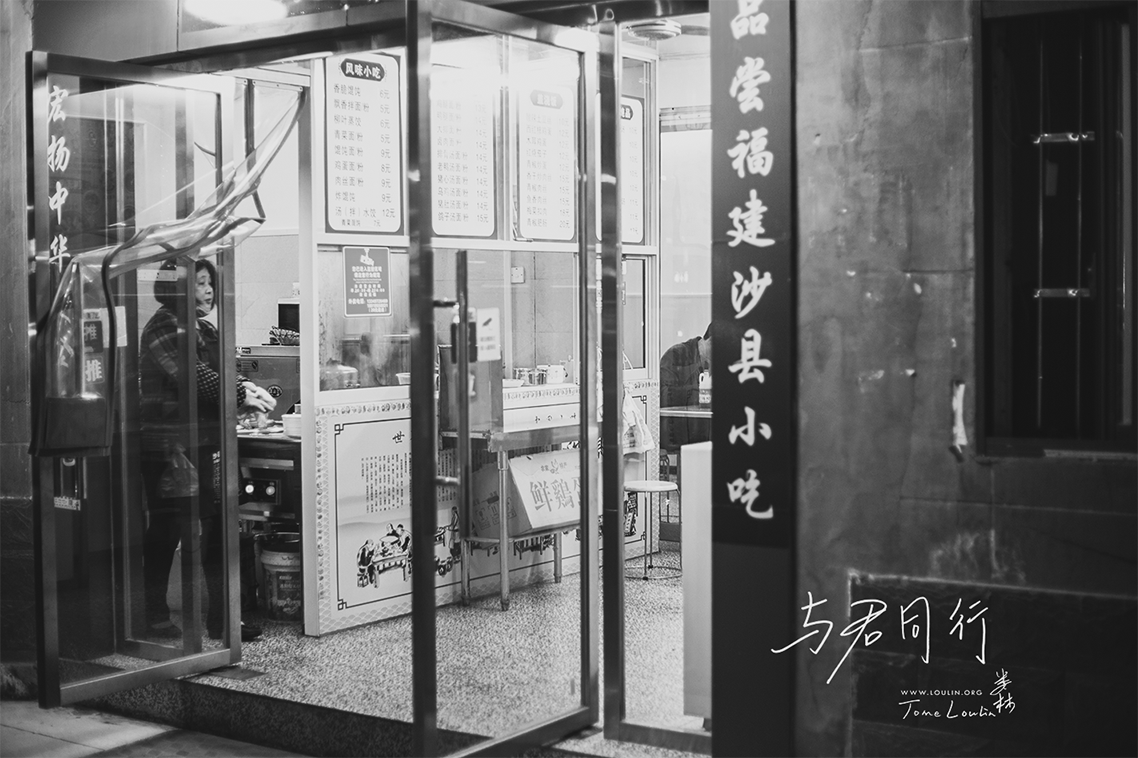When cleansing our company’s floor, I asked Katie, a female coworker in her twenty-something, about whether she would take university entrance exam again if possible. ‘No’ She answered, fretted.
We work in a second language teaching company where she worked as a sale consultant; I a lecture; both of us were insecurely hired because private company doesn’t guarantee stability.
‘No vacancy for job candidate over thirty’ the company’s hiring ad reads. There were so many demands for second language education that in this company and this sparsely populated city, three of us the lectures cannot satisfy the mounting demands so that hiring new teachers is urgently needed.
A interviewee returned from Bulgaria told me she graduated from university with a vocational degree in Business English and married an Italian husband. Slightly sunburnt, long-haired, whose husband silent siting beside her, she said the thing she considered most successful is that when in Bulgaria, foreign to almost everything surrounding her and being on herself alone, she managed to learn Bulgarian as best as she could under Eastern Europe’s chilling winter condition. And with her husband, she also learned some Italian.
After saying goodbye to her, being asked about opinion on whether to hire her, I said her experiences were amazing and said it would be okay to hire her given her willingness to work long-termly.
‘She seemed too old to teach.’ The administrator, a man in his thirties, said to me. Suddenly, I was almost impressed by his remark but everyone sitting around me in the office said nothing. What if we are in thirties? Will there be an opportunity for us? After seeing the administrator leave, uttering those words, I found myself trembling and feeling sympathetic for the interviewee. ‘Private companies have zero interest in protecting workers’ interests; they are no charities.’ One coworker said.
No one had suggested that private companies to be charitable. Rather than turning a presumably suitable candidate away, it’s reasonable to give opportunities to applicants a bit fairly. But at that time, demanding for a fairer hiring seemed a way going too far for them, the administrators.
It may sound true that I had no sympathy for the administrator when he said to us in the office that ‘oh why is it so hard to hire a fit teacher.’ No one uttered a word to him because it was so obvious to know what the word ‘fit’ truly meant in his very mentality that no one bothered intervening. If an applicant is not slimy, wearing proper makeup, dressing sophisticatedly, he may well define such a person as unfit. Once more, one knows that a word is defined by the definers not the defined.
We compromise, bent our souls in order to live. But what we have got in return? Recognition, respect or fortune? Not a thing. One tried hard not to be treated harshly but ended up wounded everywhere inside.
I asked Katie why not go to university again to study a major in which she really interested. Apparently quivered, she said that those high school years were so painfully passed that she has no courage to go back to where she suffered again. ‘My mom was very critical toward me which caused me to have a really low self-esteem and eager for recognition, I do not think I can manage to go back to study again.’ She answered.
It’s true one being criticized often may have a really damaging self-image which can cause self-destructive behaviors. Her upbringing has apparently made her become what she is now but by searching for her salvation, she find consolation in dating.
She casually mentioned that she want to beautify herself to improve her confidence lest she be looked down on by others.
Coworker Roce, a female in her late twenties, was busy in matching ups. She often talk about how difficult to find a proper marriage ‘candidate’ who would be ready in everything including houses, cars, and all you can imagine later in life. She very often uses business words to talk about marriage, such as wealthy, job positions, social status, and money etc. She said a ‘candidate’ was poorer than her family so that she was deciding whether to resume matching-up with that one. ‘You surely are not doing matching up with money, are you?’ Another female coworker shouted out, obviously disgusted.
This office was like a cave’s cave. If human world was like a cave lightened by bonfires and everything happened within was like a shadow, maybe what happened in this office is a kindle of the bonfire flickering at this dark corner of the cave.
Being marginalized, poor or disadvantaged is a thing, losing one’s ability to see the world clearly is another.
In a world full of ill-willed forces, knowing where he or she is going about is a thing that is much mattered than ever.




